|
Sometimes it’s difficult not to get hung up on the digits. How fast are you running? How far have you gone? How much is your weekly mileage? These things can become over inflated in importance. I for one, was a massive culprit of this, but now I work hard to avoid it. At times, of course the digits matter. The time you run for a 5k or 10k race can determine where you are at, but it shouldn’t govern every run you do, and it can become obsessive (in the bad sense of the word). Weekly mileage is the most devilish of digits. I used to find myself constantly working throughout the week to get my mileage higher. Whether I did a longer cool down or warm up, or if I ran for a few extra minutes, I was always trying to run further week on week. This became destructive to me. I was running additional miles where I didn’t need to. I was turning a sufficient 10-minute cool down after a session into a 5k cool down. This didn’t need to be done. This is a dangerous cycle to get in to. Yes, mileage is important but at a slow rate. It is something that should be gradually increased by a small margin at a time. If, as I did, mileage is increased on multiple days a week this is where it can become dangerous. Now I work by what is set, and as the weeks progress, mileage increase occurs naturally. There is no need for me to be preoccupied with my mileage. 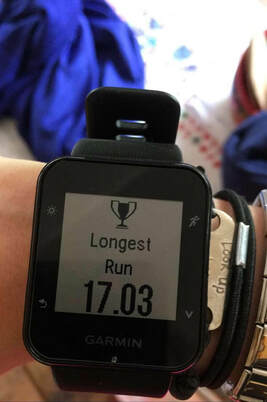 Pace/speed is another digit that can become dangerous. This predominantly developed alongside the evolution of smart watches. Before, when I ran purely off a Casio stopwatch, speed was irrelevant, I went purely off of feel. An easy run was at whatever speed felt easy that day, and hard sessions were ran at maximum effort, paced off of feeling once again. Whilst I have never been one to dictate fast reps or runs off of speed, I was a sucker for always checking my speed on easy runs. I have always raced without reference to my speed, totally off feel, so why didn’t I do this when I run easy? It became dangerous and escalated quickly. One week I would run for 45 minutes unaware of pace, the next week I was trying to match or beat the pace of the previous weeks run. This was not necessary. If your body is tired and asking for an easier pace, then listen to it, don’t be governed by the speed on your watch. Following my injury, I was finally able to tell myself: easy runs need to be easy. Whilst I still run with my watch, pace is but a number. I use pace to be aware of when I need to slow an easy run down, not as an indicator that I need to speed up. Undoubtedly, this also makes easier runs far more enjoyable. I don’t feel the pressure of having to run at a particular pace, I go at whatever speed my body feels right doing on that day. 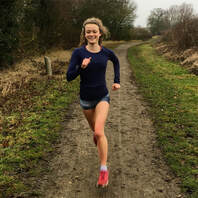 The final destructive digit is distance. I have always run my easy runs according to time, not distance. However, this was another area I became preoccupied by. I would find myself running further to reach a rounded distance. If I finished a 45-minute run just below 10k, I would run for longer to reach 10, or if I was slightly over, I would continue to run until I reached 11k. Whilst I did not think this was detrimental, it soon adds up and can be harmful. Before I knew it, I was running an extra 6k a week purely by trying to run to a rounded number. As I said before, progression is slow and needs to be done gradually, suddenly running an extra 6k a week is a big jump and found me in a place I didn’t want to be, injured. I have now been back running for 4.5 months and have finally been able to DITCH THE DIGITS! My runs are done off feel, not pace. I don’t feel myself running further to reach a certain distance, and I don’t find myself running further to add to my weekly mileage. I have been following my plan as it progresses, and the mileage has been taking care of itself! I’ve found it far more enjoyable ditching the digits, why don’t you?
0 Comments
Strong not skinny. A phrase frequently thrown around and reinforced. A phrase that couldn’t be truer, but do people really know what this involves? I see so many people use the hashtag #strongnotskinny and wonder if they know what is truly involved in the journey from skinny to strong. Being strong is every athlete’s dream. Skinny is no longer something we thrive for, as it is associated with one thing. Injury. The athlete’s nightmare. It took me a long time to realise the importance of being strong. Skinny is now something I never wish to be, and something I do my upmost to avoid. So, what is really involved in ensuring you are the strongest version of you, you can be? Obviously the most important thing is nutrition. Calories in must be equal or greater than calories out. Exercise is never about getting yourself in to defecit. If you expend more than you take in, you are undoubtedly going to lose weight and this is not sustainable if you are a wanting to keep running for a long time into the future. This is something I took a while to get my head around. As a previously skinny runner, I believed I didn’t need to eat lots of food to be as fast as I could. I believed the lighter I was, the faster I would run. This couldn’t have been further from the truth. IT IS NOT TRUE! Whilst it may initially be effective, as little as 6-months down the line, you realise, it is unsustainable. As a skinny athlete I lacked energy and strength. I was prone to injury, and it sadly took me getting injured for me to realise. I look back on myself now and realise the stupidity of my thought process. If I can achieve one thing now, it is to make every runner out there realise that food is fuel, not foe. Being a strong athlete is the best athlete you can be. Another key factor in becoming a strong runner, something a lot of long-distance runners initially fear, is... the Gym! The gym couldn’t be more beneficial. It is no longer something I fear, but something I look forward to. We may not need huge muscles, but efficiency is so important and strength work helps us achieve this. The gym also fends off our enemy. Yes, it is injury again. Since my injury I have learnt to value the gym and what it brings me. Core work, stability, mobility and strength work have all helped me to become stronger and play a part in my daily training. If every aspect of our body is stronger it will be less vulnerable to injury. We should not be afraid to face light weights! The stronger we are, the more resistant we are to injury and the faster we can be. I have learnt how vital strength work is to staying injury free. This doesn't have to include weights though, it rarely does for me. If I’m not strong, how do I ever expect to sustain a long period of training without getting injured? It takes a lot of mental strength and persistence to move from skinny to strong, but the benefits make it all worthwhile. It is a decision I had to make myself. I was told constantly that I was too skinny to be a strong athlete, but it was not until I allowed myself to accept this that the change was possible. I initially didn't believe I would be faster the stronger and bigger I was, but I am! Becoming a strong runner is a mental challenge, you need to want it yourself, and know the benefit it will have on your health for it to happen. It won’t be easy, but once you have made the decision, stick to it. The barrier between strong and skinny can be very fine. The point at which you lie also varies from person to person. We all have different body shapes and different weights that allow us to be the strongest version of ourselves. The most important thing is to be healthy, happy, and strong. However this may look on you, it will allow you to be the best athlete you can be. I have definitely learnt this. Strong is definitely the new skinny.
#Strongnotskinny We all feel inspired. We all look up to someone who we aspire to be like, or we are inspired to pursue a certain profession. Whether this be a sportsperson inspiring you or your want to be a doctor, we all feel inspired. Since a young age I have always watched athletic events such as the Olympics on the television, or gone to watch athletic meets live and wished I was on the track racing myself. Witnessing the success of other athletes who dedicate their lives to their sport truly inspires me, as I’m sure it does other people. Being able to go and watch such determined athletes competing for their country undoubtedly fills me with inspiration and aspiration. Not only does it make me feel inspired, but it causes me to want to aspire to be like them. It drives me further to want to succeed within the sport of running. Since my injury I have become even more inspired by other athletes out there. Watching the success of Eilish McColgan, an athlete who has to dedicate a vast proportion of her training to the cross trainer only goes to show how you can succeed at running without having to pound the roads relentlessly. Other Athletes such as Jess Judd, a runner I have been following since I went to my first ever Essex Cross Country Championships, show how determination and persistence can help you achieve your goals. Staying true to yourself and always remembering the need to love what you do is something that she reinforces. These are all things that make me feel inspired. The ability to relate to such successful athletes, shows that anybody can achieve their goals if they set their mind to it and are dedicated.
Feeling inspired by someone’s story and journey is golden. My determination wouldn’t be as strong as it is, had I not seen the difficulties and successes of other athletes. Reading about athletes injury stories and their return to the sport inspired me to continue through my rehabilitation and come out of it as a stronger athlete. The inspiration I feel from watching other athletes is something I hope I can make other runners feel in the future. I want to be able to convey my story as it unfolds, with the hoping of making even just one person feel they can achieve their goals if they set their mind to it. Being inspired allows us to push ourselves beyond what we thought to be our limits. However, the ability to inspire others only comes from being inspired yourself. So, who inspires you and what are your aspirations? If there is something I have learnt from 2018, it is, you don’t know what is going to happen, or what the year will bring. I started off 2018 believing it could be my best year for my running yet. I was rapidly proved wrong when I developed an injury in the second week of January which only took until the end of March to diagnose. I was told 6-8 weeks, I knew it would be longer, but I never anticipated being out for 10 months! Yes I could say, 2018 was my worst year for running so far, but I don’t think that is true! If I look at it rationally I truly do believe it was one of my best years for running so far. Ok, I didn’t achieve any of the goals I had set at the start of the year, but I learnt so much more. Setting goals helps us all. It motivates us through training as we are always working towards something. Sometimes setting year long goals is not the best thing to do. It’s best to have one big over arching goals and lots leading to this, as like me, your year could go completely opposite to the way you expected it to go. So, I bet you’re thinking, ‘she spent the majority of 2018 being unable to run and she’s telling us it was her best year yet?!’. Yes this is true, but I also learnt so much about myself as an athlete and about my training that it has altered my outlook on my running for the better. I am now able to approach training with a rational mindset. I am focused on progressing, but in a way that has the minimal injury risk possible. I am more conscious of taking care of myself, and of the implications one bout of careless mindlessness can have on my body and mental state. 2018 produced one of the best things for my running that could have happened. It produced a more robust, strong, and resilient athlete. Whilst I am far more determined that I have ever been, I now have the body to work alongside that determination and help me achieve my goals. I have a body that is able to withstand the hard-work I put it through. So, when asked what my goals for 2019 are, yes, I do have time based goals for 5k and 10k I would like to achieve, and representative goals, but the goal at the top of my list, is to stay INJURY FREE. Ensuring I am injury free, ensures I can work hard to achieve what I want to! I have also learnt to take every week as it comes and to enjoy the journey. Whilst it is all very well setting goals for the new year, I don’t know what the year will bring or what will happen. So the best thing to do, is go with it.
|
Hannah IrwinI love to run and I love to write, so I write about running! Archives
March 2023
Categories |
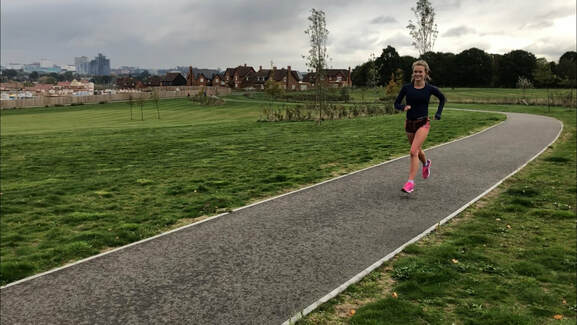
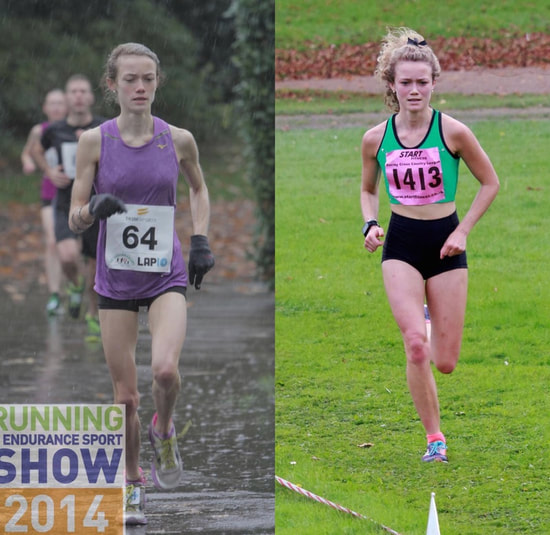
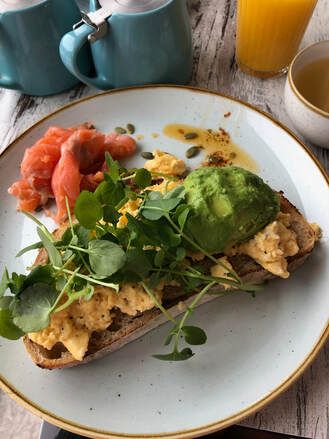
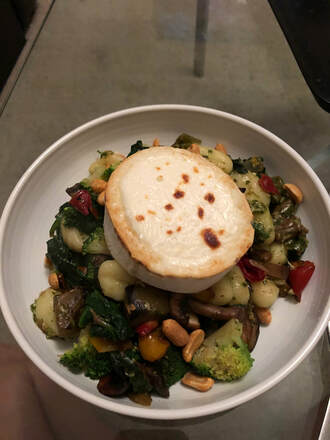
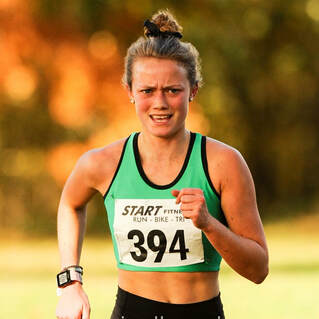
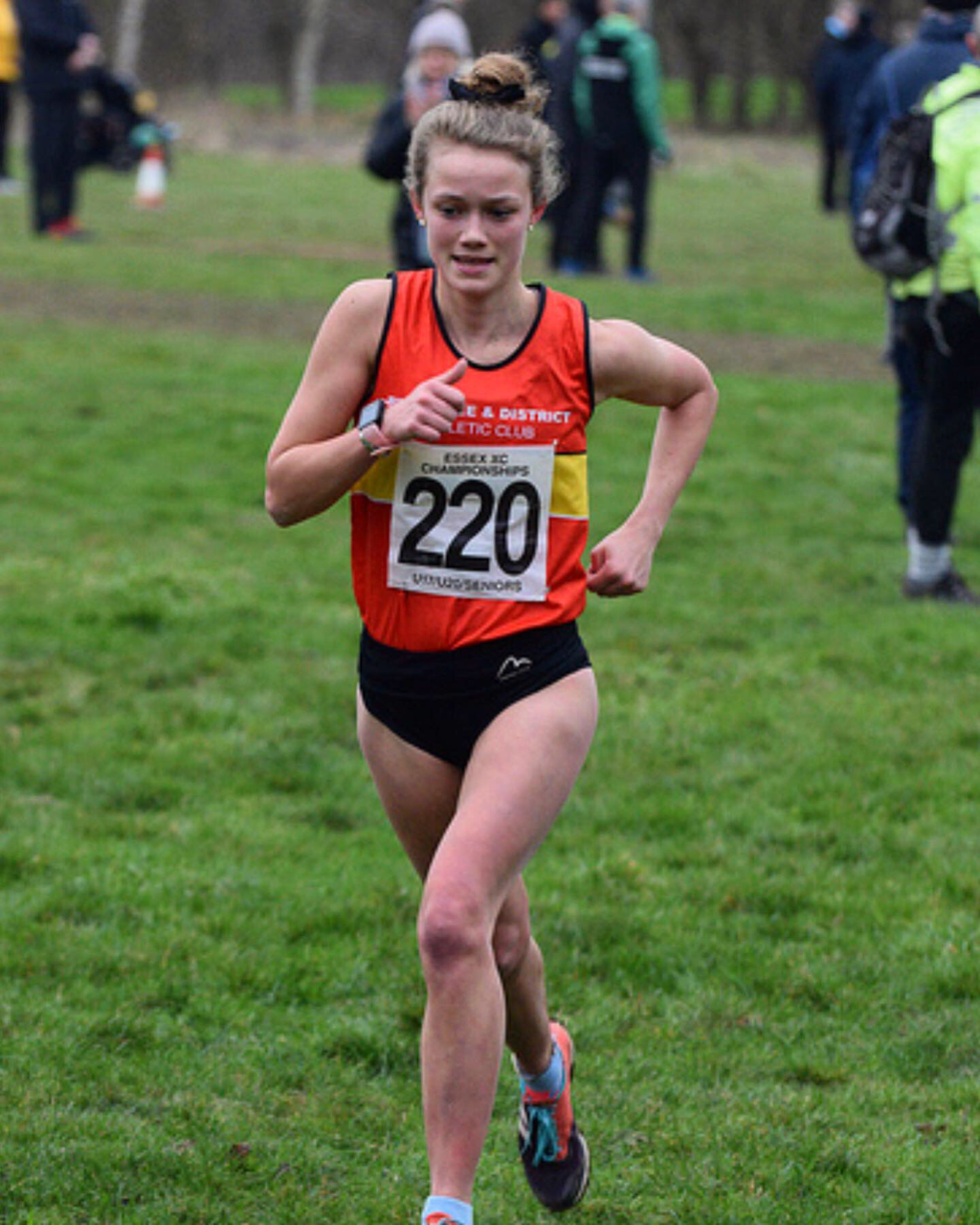
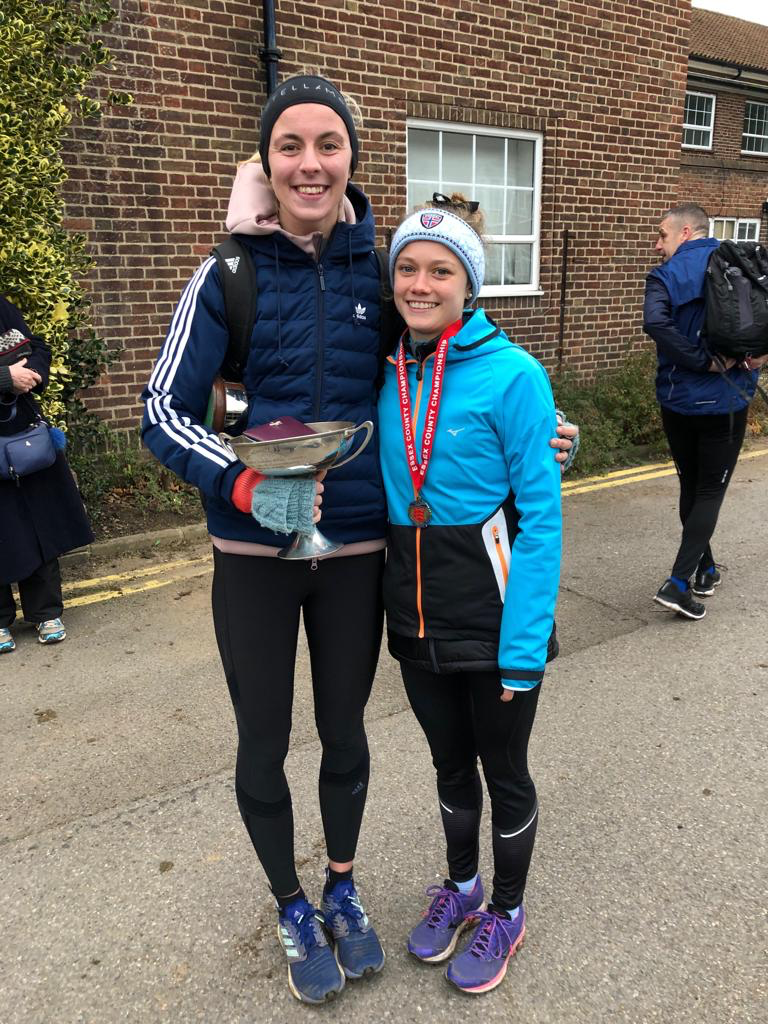
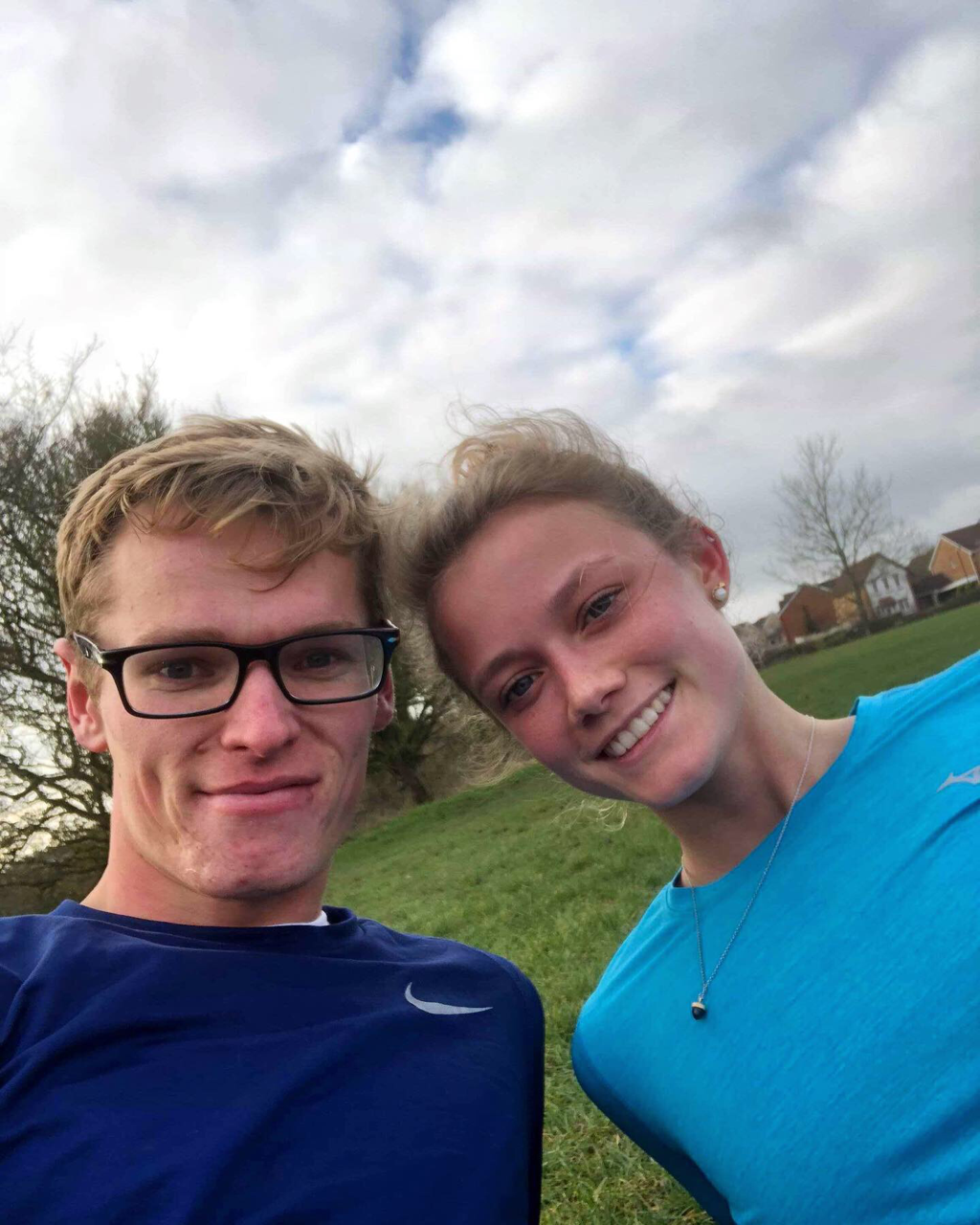
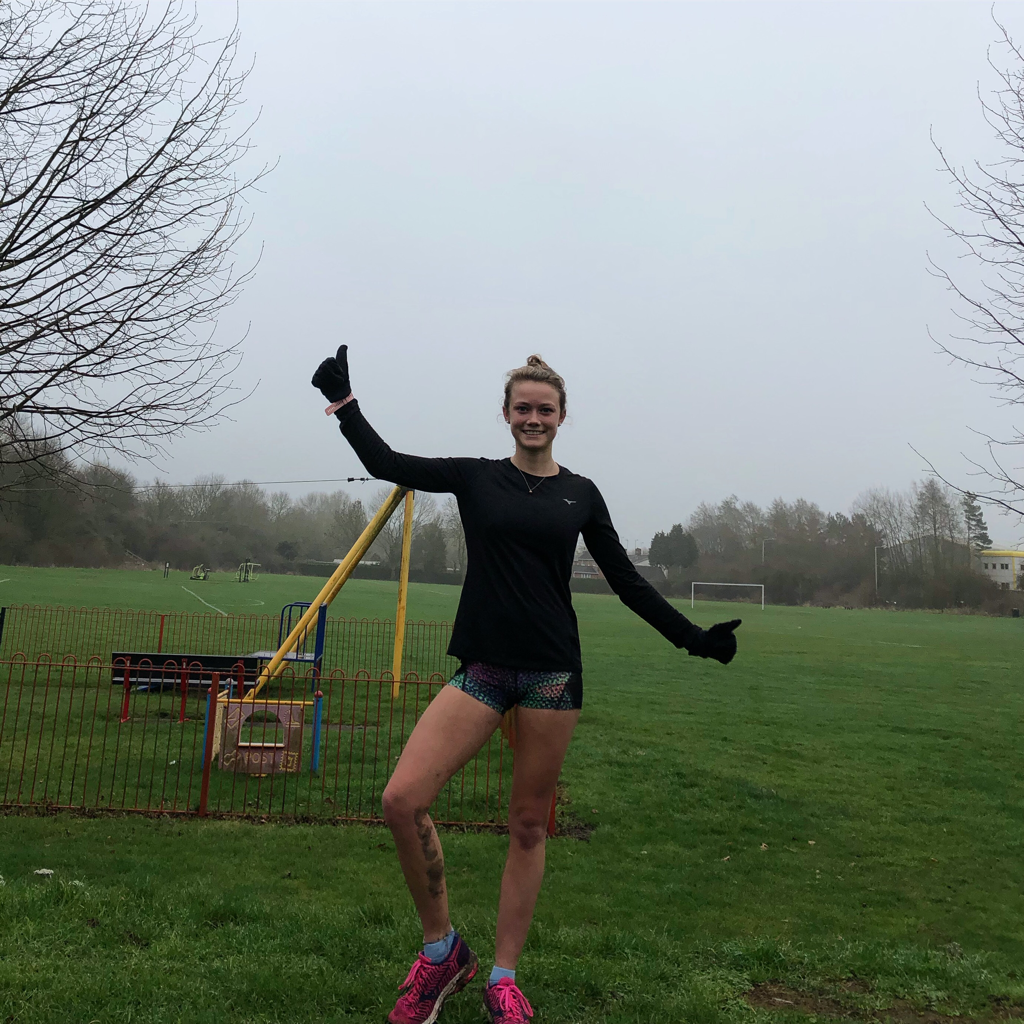
 RSS Feed
RSS Feed
